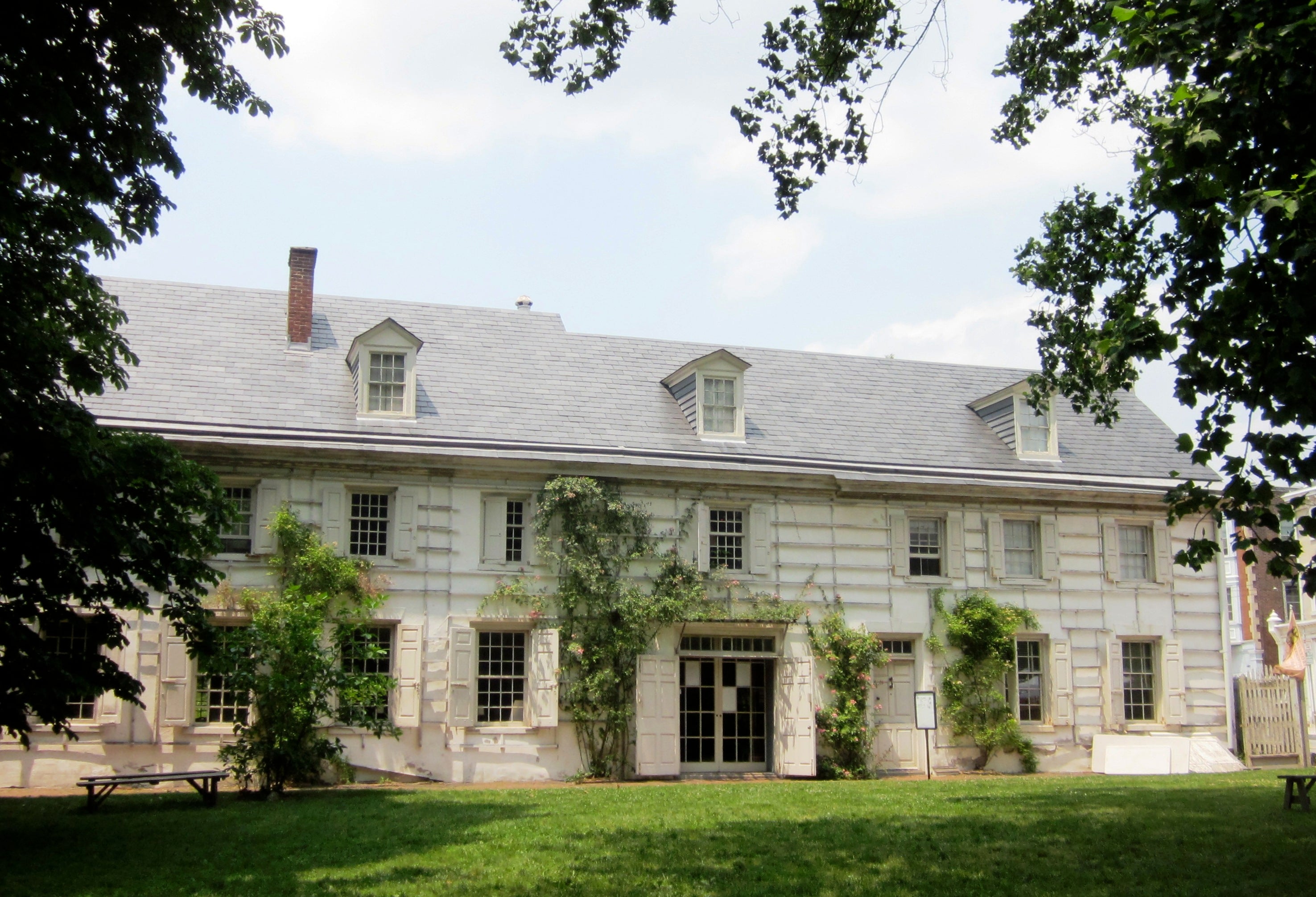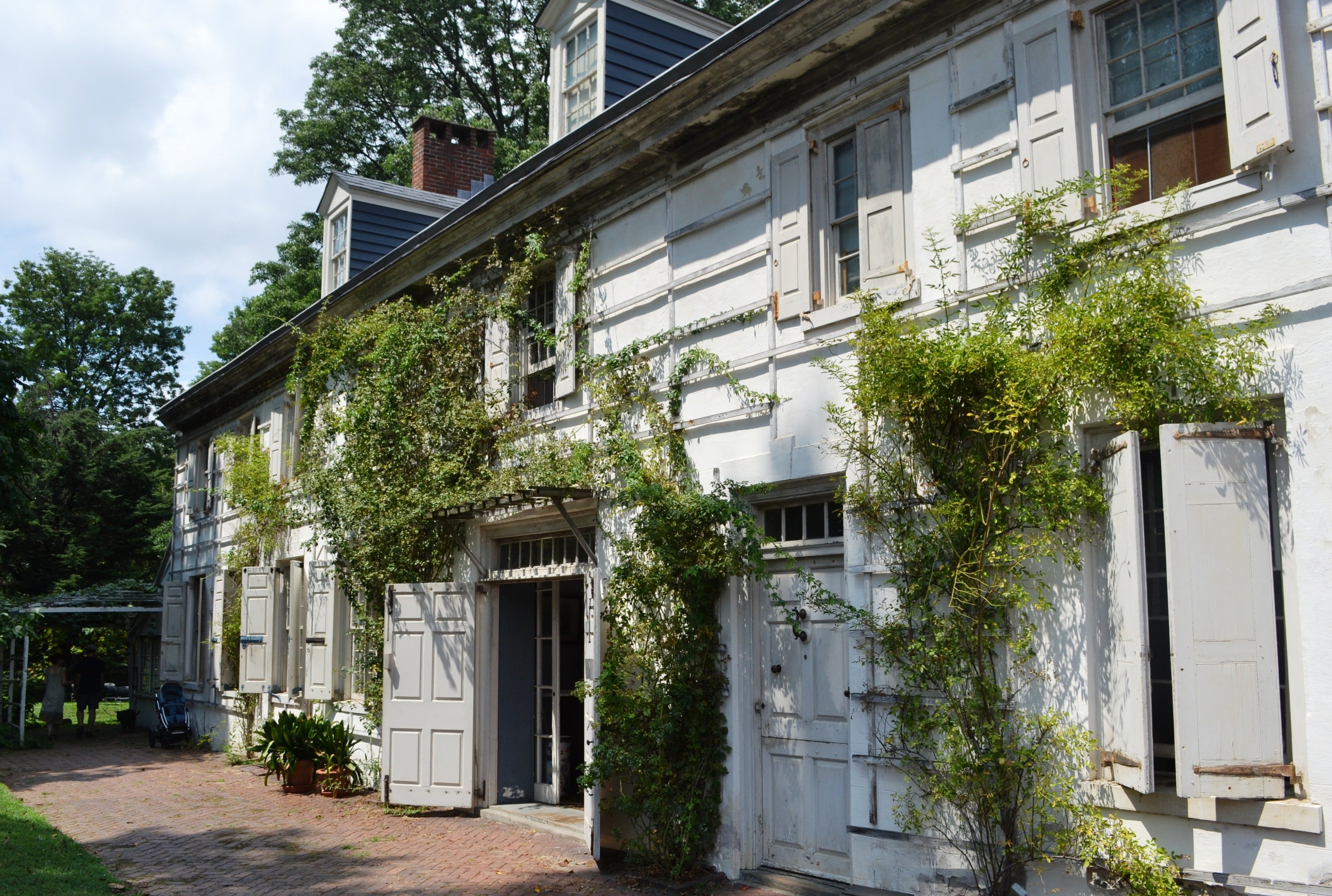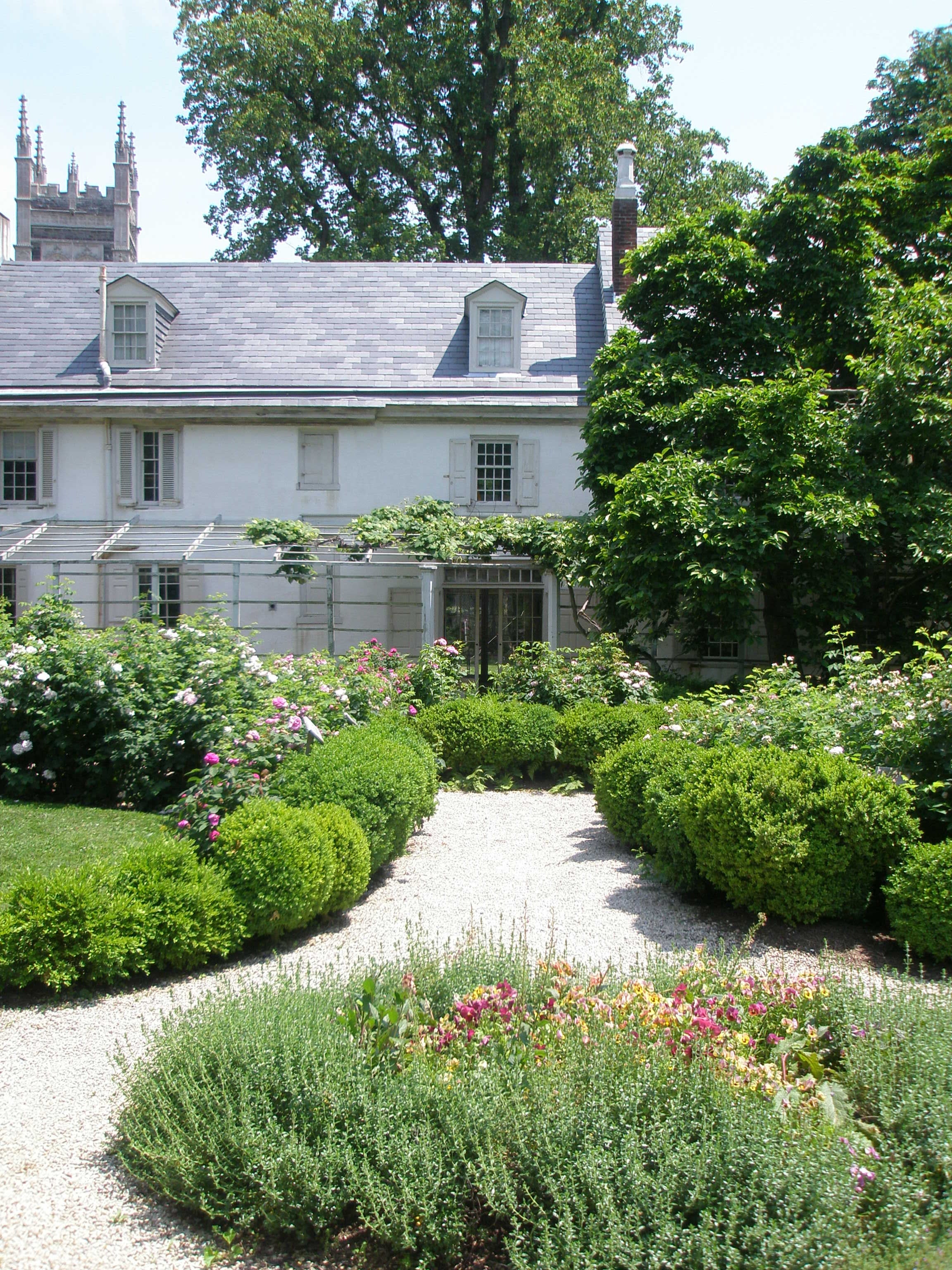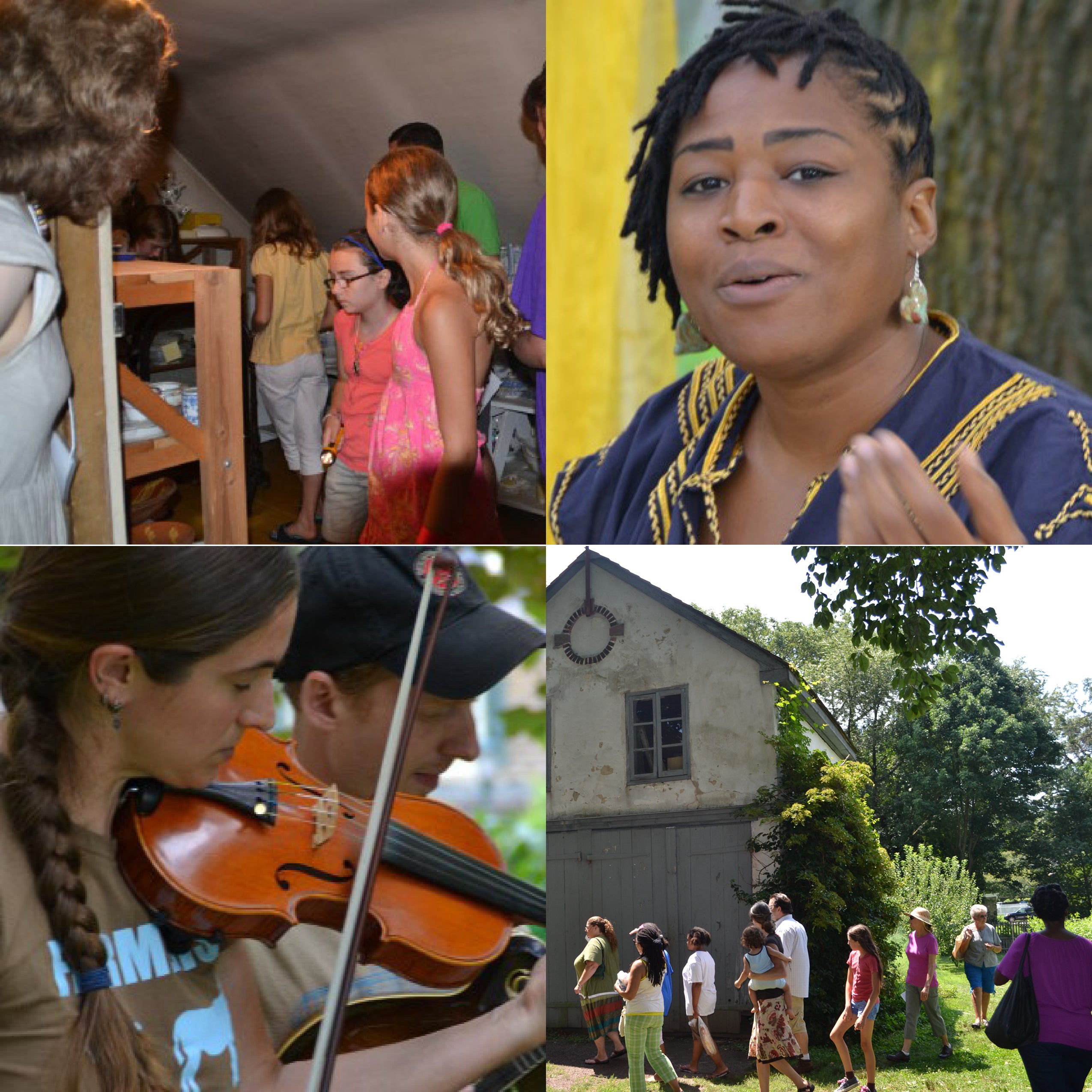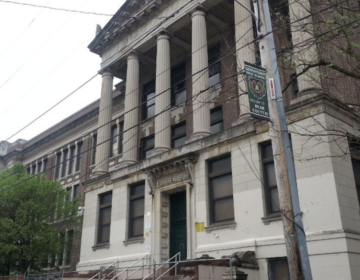National grant supports programming at historic Germantown site
One of the oldest residential sites in Germantown and a keystone in the revival of the neighborhood’s commercial corridor has received a national grant to support the growth of its programs.
The Wyck Historic House, Garden and Farm was given a two-year, $148,643 grant from the Institute of Museum and Library Services, the Wyck Association announced on Aug. 22. The funding will be used to expand Wyck’s Home Farm programs and pilot a new series of public education programs held on the second Saturday of each month from July through October.
“We are thrilled and honored to receive this national recognition of our work,” Eileen Rojas, executive director of the Wyck Association, said in a statement released last week. “It will not only be transformative for our organization but will also make a real impact on our community by increasing what we’re able to offer.”
For the past five years, Wyck has engaged the community through programs that address neighborhood needs, including a weekly farmers market, outdoor and history education for local children, and opportunities for visitors interested in history, horticulture, urban agriculture, and preservation.
The Institute of Museum and Library Sciences is the primary source of federal support for museums and libraries, and the agency’s Museums for America grant program promotes museums as vital institutions in the establishment of livable communities.
The grant does not go toward maintenance of the historic building, which is funded mainly through individual donors, explained Kristin Hagar, the association’s development and communications manager. Funding for historic preservation through foundations or government sources dried up for the most part several years ago, she said.
“The programs at Wyck reflect a recognition that many historic sites won’t survive without demonstrating their relevance to the immediate community, as opposed to attracting one-time tourists,” Hagar said. “We have to try to accrue contemporary values in the site in addition to preserving the historical value – contemporary values that don’t detract from the historical value.
“Of course, the irony is that you can’t have the programs, ultimately, without the preservation of the physical site.”
The first house on the site at 6026 Germantown Avenue was a stone structure erected by Hans Milan, a Dutch Quaker, in 1690. Milan’s son-in-law built a second stone house in 1736. A later descendant razed the original and replaced it with a third stone house in 1771. By 1779, the houses had been joined on the second floor and the exterior had been resurfaced with stucco.
Architect William Strickland, a master of the Greek Revival style who designed the Second Bank of the U.S., was hired in 1824 to modernize the stone houses. He built a new room in the carriageway between the houses, installing a new innovation, sliding glass doors that led to the gardens.
Residents of Wyck included nine generations of the Wistar and Haines families, who became leaders in business, natural history and science, education reform and philanthropy.
The current site includes a production farm and outbuildings that date from the 18th to 20th centuries, one of the nation’s oldest rose gardens, and an extensive collection of family objects and historical papers. For information on visiting Wyck, go to www.wyck.org.
Contact the writer at ajaffe@planphilly.com.
WHYY is your source for fact-based, in-depth journalism and information. As a nonprofit organization, we rely on financial support from readers like you. Please give today.



